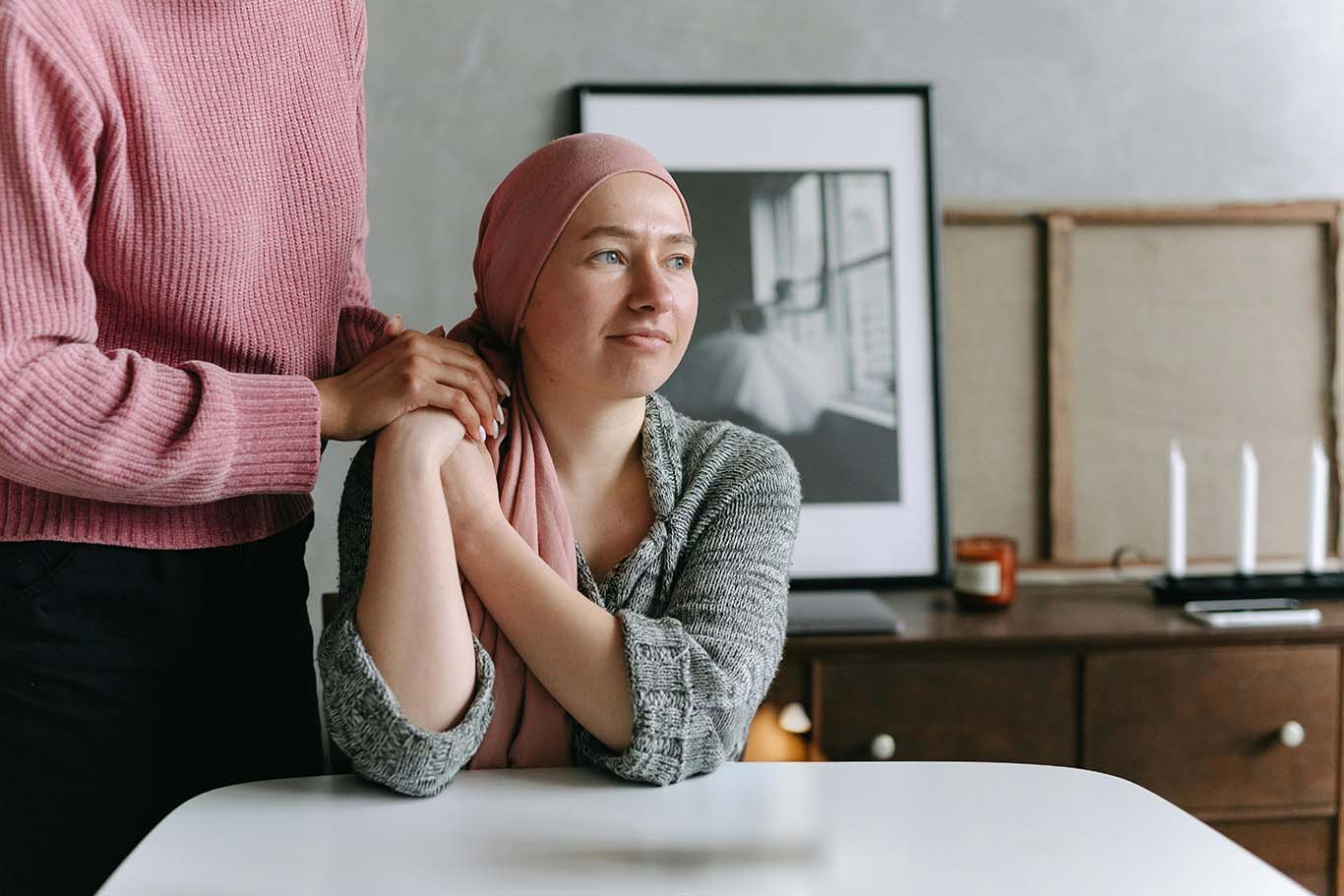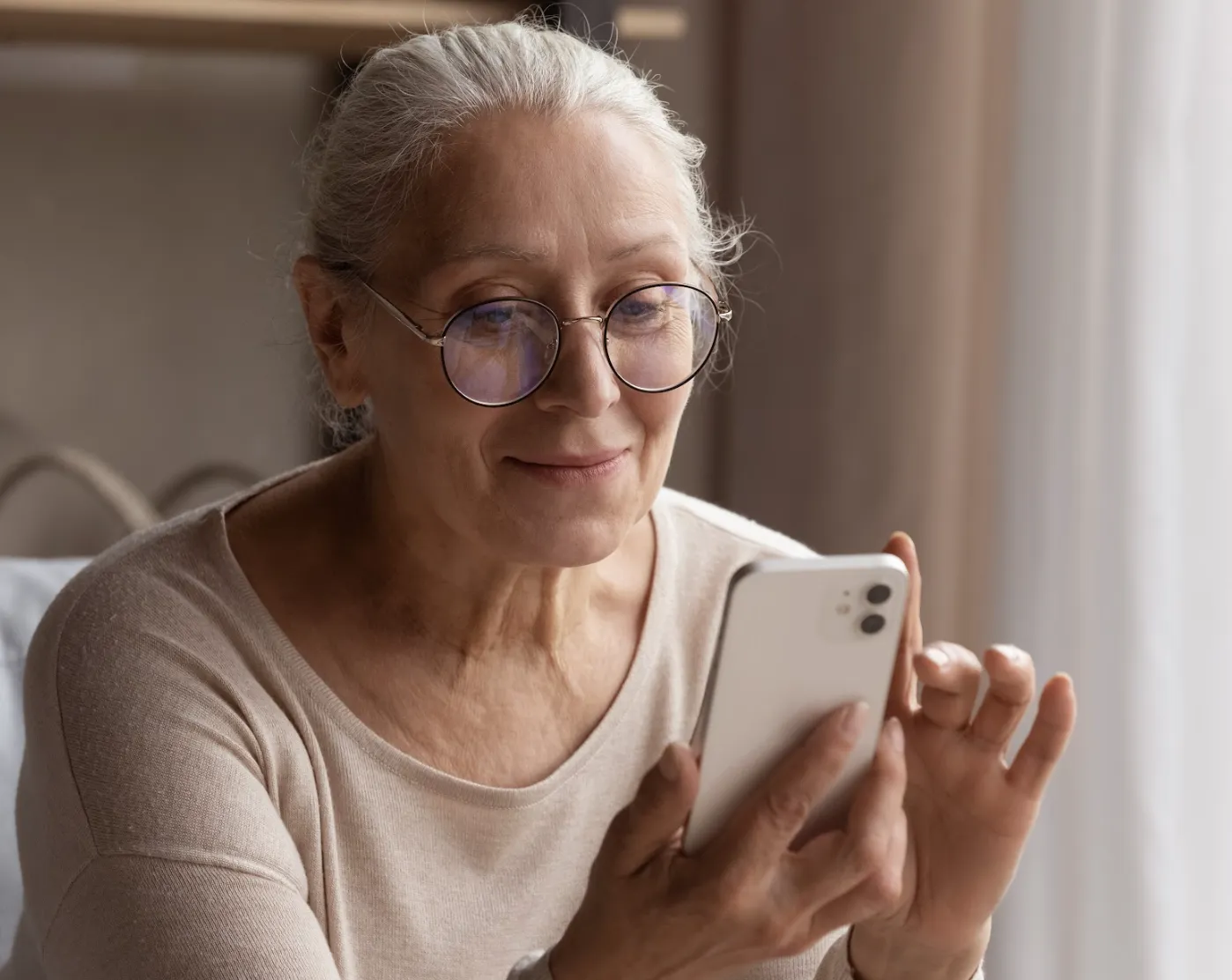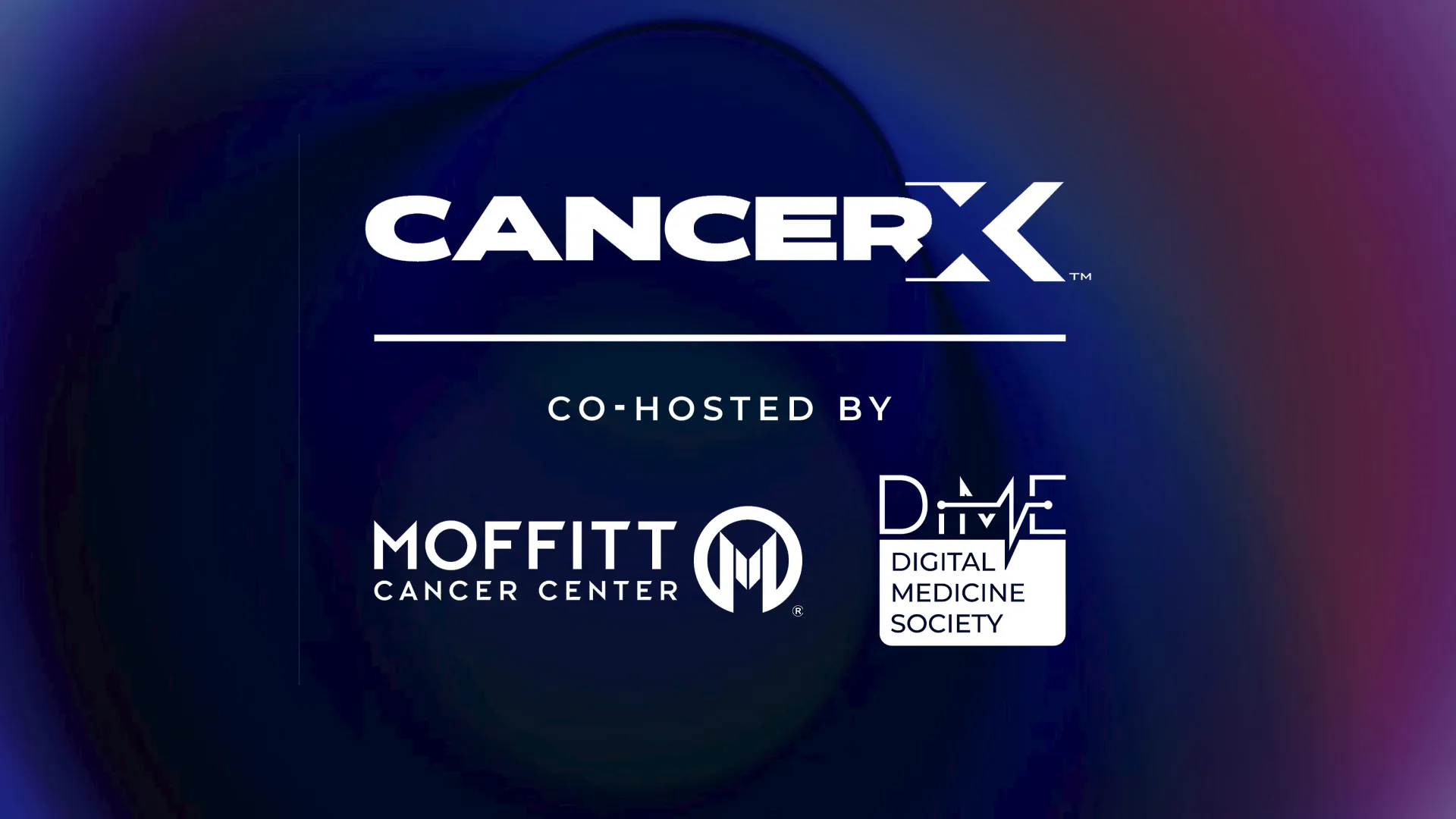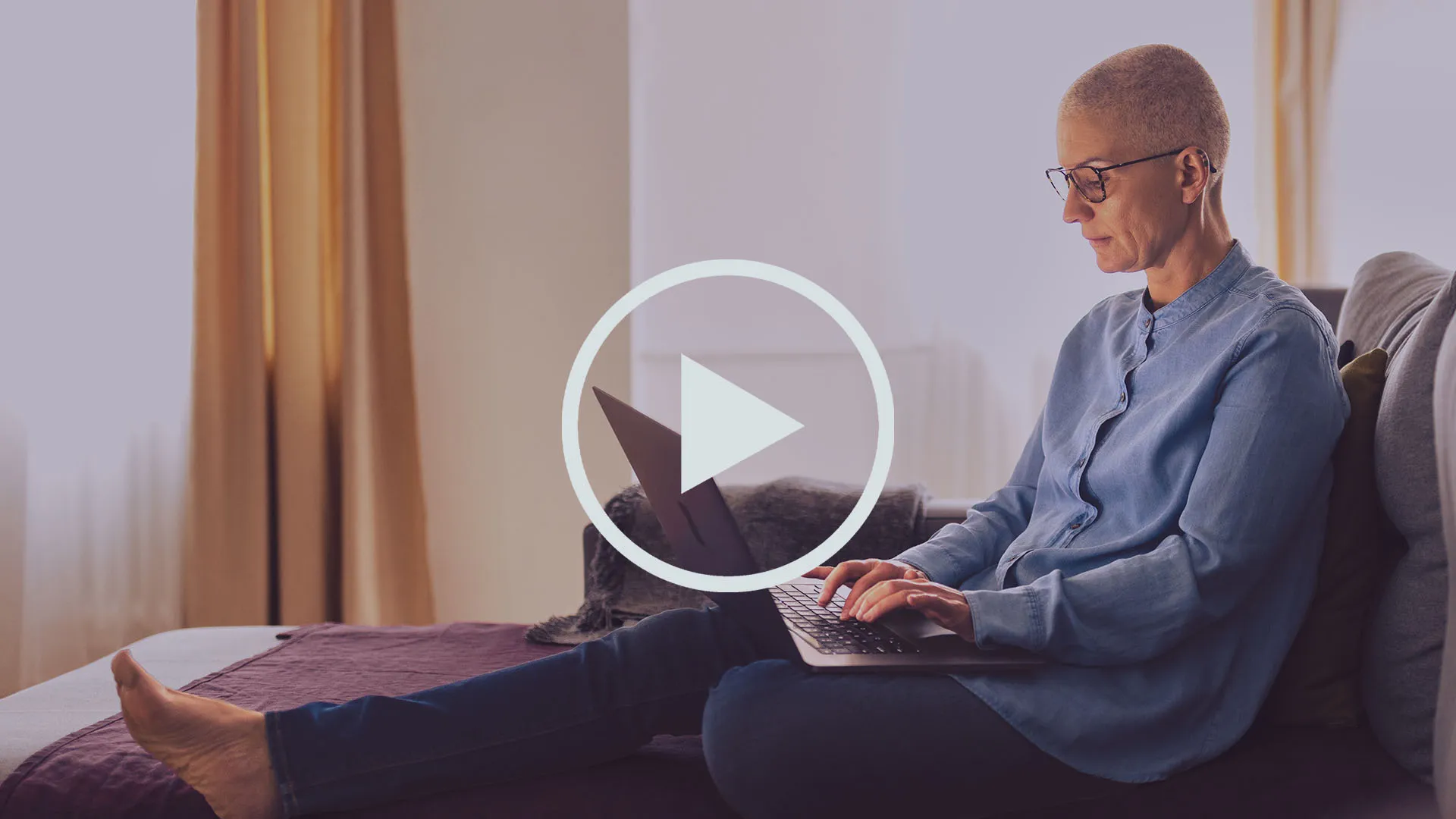Oncology


Playing catch-up: FDA wants “patient’s voice” ePRO in your oncology trial
For years now, the FDA has been making one point crystal clear to sponsors and CROs across our industry; they want the patient voice incorporated whenever possible in oncology trials.
The FDA's initiative is driven by the recognition that a patient's personal experience with a disease and its treatment is a unique and essential measure of a medical product's benefit and risk.
- Rationale: The FDA explicitly states that "patients provide a unique perspective on treatment effectiveness" and "some treatment effects are known only to the patient." Outcomes that truly matter to patients, such as functioning, quality of life, and the burden of side effects, are often best measured directly by the patient.
- Mandate: The Patient-Focused Drug Development (PFDD) effort, codified in part by the 21st Century Cures Act, requires the inclusion of such patient experience data in clinical research.
- Guidance series: To formalize this approach, the FDA has released a series of methodological guidance documents (the PFDD Guidance Series) that outline how stakeholders should collect, submit, and use patient input to inform medical product development.


Six steps to help you choose the right clinical trial partner
“This year, we’ve decided to stick to paper. We know what we’re getting and we’ve always done it this way.”
That was the unwavering response from a clinical operations lead at a pioneering biotech when asked why they still relied on paper diaries for patient-reported outcomes.
Despite the growing complexity of global trials, the promise of real-time data, and the surge of digital capabilities available today, some organizations have held tight to a method of clinical trial conduct that’s increasingly as outclassed as it is outdated.
It’s well known that individuals and organizations believe that change can be daunting, stressful, and difficult, especially when the old way is familiar and entrenched. However, much like anything else, having a partner who can help guide you through the process is massively important. But, how do you find the right partner for your trials?
Before locking in a vendor, organizations must engage in a deliberate process to assess their needs, align stakeholders, and set the foundation for long-term success. This blog explores the critical steps sponsors should take before selecting a digital partner, using insights and frameworks drawn from Medable’s therapeutic area standards and industry best practices.


Recapping DIA 2025
The 2025 Drug Information Association (DIA) Global Annual Meeting, held in Washington D.C., is beginning to wind down. As always, the conference has left a clear vision for the future of clinical trials. one defined by groundbreaking innovation, unprecedented global collaboration, and a profound commitment to patient well-being. This year's conference underscored key themes that are shaping the landscape of medical product development, with Artificial Intelligence (AI) and Real-World Data (RWD) taking center stage.


From Symptom to Strategy: Transforming Oncology Trials with Next-Gen eCOA
Explore how Medable’s oncology-ready eCOA platform transforms trials with patient-centered, digital-first tools for endpoints, follow-up, and workflow efficiency.


What happened at ASCO 2025?
2025’s American Society of Clinical Oncology (ASCO) meeting in Chicago once again delivered a wealth of clinical data, providing exciting insights into the groundbreaking future of cancer treatment. As the show closed out, we checked in with our associates to see what they thought were the biggest news and trends of the show.


Why ePROs in oncology are perfect for capturing the patient’s voice
Here are two statistics that may surprise you.
Number one, according to the WIRB-Copernicus Group, the number of oncology trials has skyrocketed over the last decade, almost doubling the number of all other therapeutic areas combined.
Number two, between 2010 and 2020, only 9 out of 108 FDA-approved oncology drugs, a mere 8.3%, included electronic patient-reported outcomes (ePROs) in their labeling.
Clearly, ePRO adoption is lagging in oncology trials. This comes despite recent guidance from the FDA (in 2021 and 2024) explaining how sponsors can use these technologies to ease trials for themselves and their patients.


What happened at ASCO 2024
The annual American Society of Clinical Oncology (ASCO) meeting in Chicago highlighted the latest new molecules, methods of care, and innovation in cancer care.
As the show closed out, we checked in with our associates to see what they thought were the biggest news and trends of the show.


How partnership ensured a successful first digital trial
Since our inception in 2015, Medable has conducted over 300+ digital and decentralized trials using eCOA, eConsent, telehealth, and more. However, just as a bell curve shows, adoption rates for new technologies can wildly vary across our industry. While some organizations quickly implement new technologies, others take a more cautious approach.
Together, this team, which included Mihai Viisan, a Solution Design SME, Luka Ajduk, a Product Implementation Lead, and Ted Meyer, the Supply Chain Coordinator, built a trusting working relationship in which Medable led study implementation.


ePROs: Transforming oncology trial research
Over the last decade the number of oncology trials has skyrocketed, almost doubling the number of all other therapeutic areas combined, according to the WIRB-Copernicus Group¹. Known for their complex design, oncology trials often present various participant, site, and sponsor hurdles.
Sponsors and CROs looking to tackle these challenges andreduce the burden on participants and sites should explore the potential of digital solutions, particularly electronic informed consent (eConsent) and electronic patient reported outcomes (ePRO). Both tools offer expanded views of the participant journey while offering feedback that enables sponsors and CROs to enhance and refine their trials for all stakeholders.


Patient perspectives: Oncology preferences from patients and caregivers on trial technology
This summary looks at DCT patient and caregiver preferences regarding eConsent, telehealth, wearables, and other digital technologies in the area of oncology. There are differences noted between age, gender, and specific types of cancers.
During the pandemic, there was a surge in telehealth visits in medical oncology. Some of the telehealth benefits include convenience, the immediacy of results, news processing, family comfort, and privacy during the receipt of bad news. Although patient preference is individual in nature, there are some common themes. Telehealth has also increased access to medical care and clinical trials (Granberg, et al 2021).
A randomized study for patients undergoing radical prostatectomy showed that those who do accept telehealth visits report a positive view of telehealth. Another study shows that 92% of patients who had telehealth visits were satisfied with the visit. A survey reported that 32% of thyroid cancer patients reported video-based healthcare. Another advantage of telehealth noted by patients is the convenience, especially for short visits with a long commute. The COVID-19 pandemic has had a large positive influence on video visits. These studies noted that only included patients who spoke English and accepted video visits (Granberg, et al 2021).


Medable joins CancerX alliance to further the Cancer Moonshot
Along with some of the best companies in the world, Medable is proud to join CancerX as a founding member. This alliance is co-hosted by the Moffitt Cancer Center and the Digital Medicine Society (DiMe), alongside the Office for the National Coordinator for Health Information Technology (ONC) and Office of the Assistant Secretary for Health (OASH).


Leverage novel options in oncology clinical trial design to reduce burden for patients and sites
Flo Mowlem, Senior Director, eCOA Science & Solutions shares insights on how electronic solutions, with a focus on patient-reported outcome (ePROs) can reduce burden on participants and sites to maximize the chance of success in oncology clinical trials.


How to supercharge real world evidence generation in Phase IV trials
Experts from Medable, Syneos, and Pluto Health discuss how they have partnered to deploy patient-first digital trial solutions that leverage RWD, transforming it into actionable RWE insights for a sponsor client.



